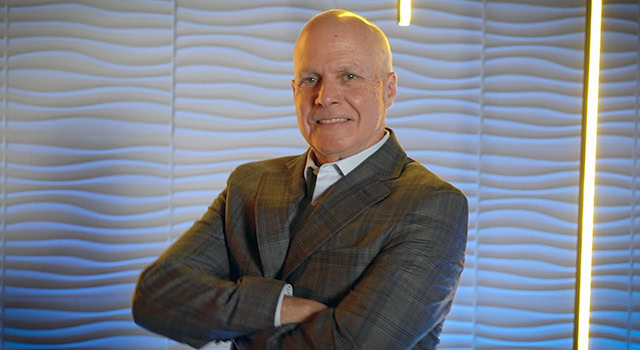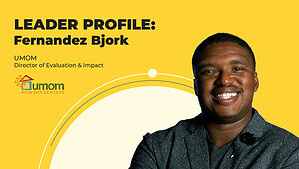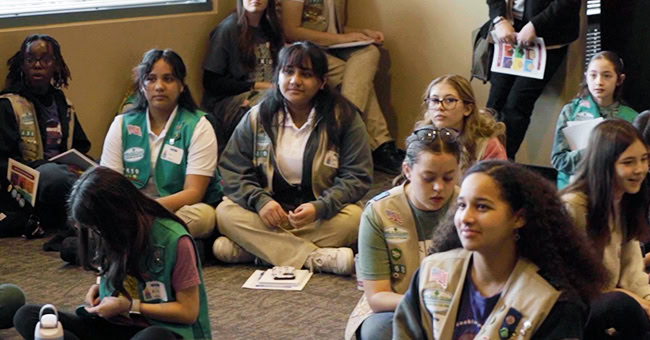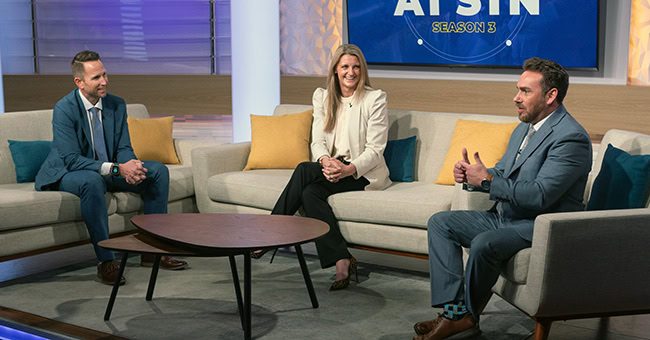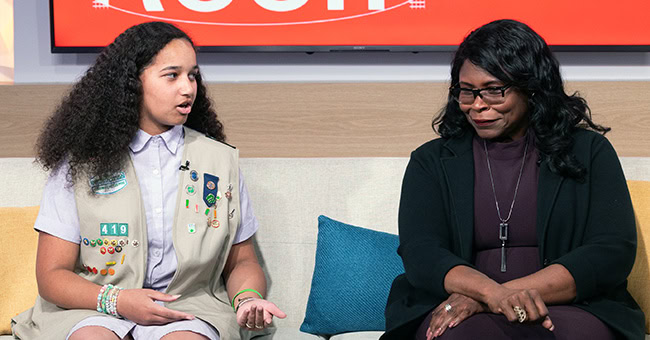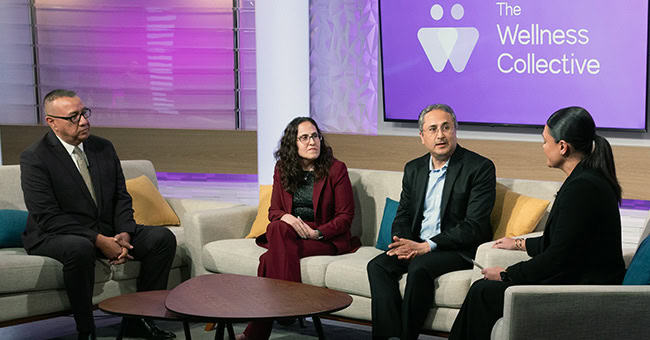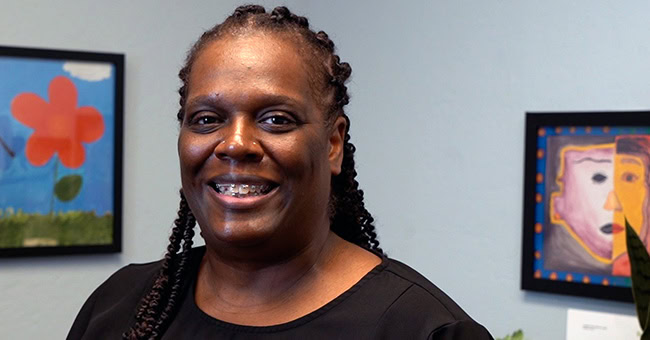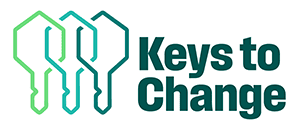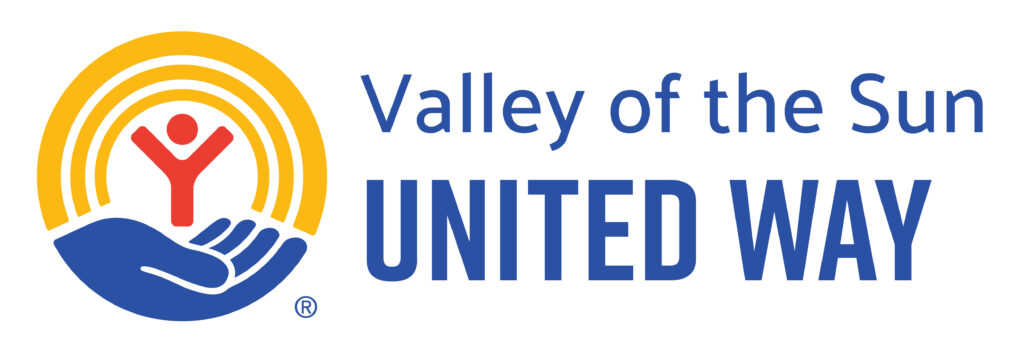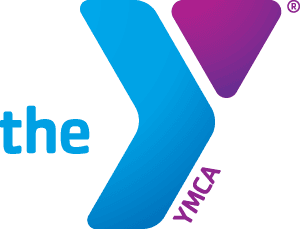Phoenix, AZ (STN) – Howard Epstein has worked in real estate banking at Bank of America for 35 years and had a front-row seat to Phoenix’s real estate boom. A boom that attracted global businesses and families but also led to a significant housing shortage and helped to fuel the rise in homelessness across Arizona.
Epstein has served on the boards of numerous nonprofits focused on homelessness and affordable housing in Phoenix. He said that, for years, the state overlooked the housing crisis, but now they see it or feel it in some way, every day.
“It is a simple game of musical chairs,” Epstein explained. “There are not enough chairs for everyone, and the people who can’t get to the chairs fast enough are often those dealing with some type of disability, or even worse, they may already be living on the streets.”
Five years ago, Epstein founded the Arizona Housing Fund, which raises money for grants to nonprofits working on homelessness and affordable housing. Since its inception, the fund has distributed nearly $1 million in grants and is nearing 6,000 individual donations.
.Web-exclusive extended interview below.
STN:
Where are you originally from, what was your childhood like, and how did you come to work at Bank of America?
Howard Epstein:
I am originally from New York. My family moved to Phoenix, Arizona when I was a small child. I had a typical middle-class childhood, I grew up in central Phoenix, went to Central High School, and then went to the University of Arizona for college. I started at Bank of America in 1989, this July will be my 35th anniversary with the bank.
STN:
What do you do in your current role with Bank of America?
HE:
I have worked on the real estate side of the bank for my entire career. For most of my career, I worked with the special assets group, which deals with distressed loans and commercial foreclosures. For the last 20 years, I have been running the national sales group for Bank of America.
STN:
You founded the Arizona Housing Fund. What made you want to do something to end the homeless and housing crises in Arizona?
HE:
I grew up in a traditional Jewish family. Community service was a big part of our life, so public service has always been a part of my life. I got involved in the homeless and housing challenge early in my career when I was asked to join the Central Arizona Shelter Service (CASS) board. I served on their board for 20 years. Later, I became the board chairman of a nonprofit called Arizona Housing Inc., which owns and manages 700 permanent housing units in Arizona. While I was working with Arizona Housing Inc., I watched CASS clear out anytime we opened new affordable housing units, allowing others who had been on CASS’s waiting list to move into the shelter and off the streets. Adding new affordable housing inventory around the state is something I have been passionate about since my time working with CASS and Arizona Housing Inc. and it is what led me to start the Arizona Housing Fund five years ago.
STN:
What type of work do you all do at the Arizona Housing Fund?
HE:
The Arizona Housing Fund, which is held at the Arizona Community Foundation, provides equity grants to nonprofits in the state that do permanent supportive and low-income housing. We work with local nonprofits like St. Vincent de Paul, UMOM, and Native American Connections, all organizations that are doing great work ending homelessness for people all over the state.
Our fund focuses on three main areas. First, we provide equity grants to nonprofits with a good track record of building affordable housing. Secondly, it has to be for new units, adding inventory to our communities. Third, the focus must be on helping the most vulnerable members of our population. They are people who are either living sheltered in transitional housing or emergency shelters or are living in their cars or on the streets. So far we have made eight grants. Our fund often provides the last piece of the capital needed to fund a project for local nonprofits working in the homeless and affordable housing sector. The government does most of the heavy lifting, as does the Arizona Department of Housing and Maricopa County. However, these projects often fall short on funding. We have been able to provide the necessary funds to finish these projects and we are happy with the progress we have made.
STN:
How important is collaboration in the work you are doing with the Arizona Housing Fund?
HE:
Our collaboration operates in three different areas. First, as a private effort. Private donors make donations to our fund. We collaborate with donors of all kinds, from large foundations to our escrow donation program. The escrow donation program is our creative approach to raising money. People will donate money to our fund at a home sale. We also collaborate with around 20 to 25 nonprofits around our state that do tremendous work in the homeless and affordable housing sector. We also collaborate with the public sector to combine forces and help fund large housing projects. It is an all-hands-on-deck approach. Everyone has to do something. People like our fund because small donations can be part of the solution. It makes people feel good about where they are donating their money.
STN:
What does the Arizona Housing Fund need from the community? What is the best way people or businesses can get involved with the work you are doing?
HE:
The first thing I would say to business leaders is now’s the time to be bold about finding solutions to end homelessness. The good news is everybody finally realizes we have a homeless and housing problem. Ten years ago, there was some denial. Today, you can’t go anywhere without seeing it or feeling it. Everybody knows we have a problem and it’s time to do something about it. Our business community and our political community, have to be bold on how we address the issue. A lot of it comes down to funding. We need more housing. I talk to groups about the issue, and I always say, it is a math problem. When you have more people than housing units, some people are going to end up homeless. It is simple math.
I equate the problem to the musical chairs game. You have eight people trying to sit down on six chairs, but one person is on crutches with a broken ankle and another person is blind. Which two people are not going to get a chair? It is the most vulnerable. That is the problem in our communities right now. We have a housing shortage and the most vulnerable members of our communities are the ones who suffer. Those are the people we are trying to help.
STN:
What is the best way to collaborate with you, and how do you like to be approached when it comes to working together to solve Arizona’s homeless and housing problems?
HE:
I get approached a lot. I return every call and every email. The easiest way to get in touch with me is to go to our website. You can do three things on our website. You can donate. It takes about 30 seconds by clicking a button. Secondly, you can reach out to me at info@arizonahousingfund.org. The third thing is for realtors, buyers, and sellers of properties. Download the escrow donation form Fill it out and give it to your title company. All three of these things can be done from our website.
If you like what we’re doing and want to learn more, we encourage you to follow us on whatever social media platform you prefer. We highlight our partners and donors, and we keep you up to date on news in the housing and homelessness space. If you are an organization that wants to make a presentation to the Arizona Housing Fund, there’s an advisory committee made up of seven people. I am one of them. Someone from the committee will talk to your organization about the Arizona Housing Fund and hopefully get you to join our cause.
STN:
How has the fund grown over the last five years, and where do you envision it five years from now?
HE:
To date, we’ve raised a couple million dollars. We’ve granted about one million dollars. We are approaching 6,000 individual donations, which is mind-boggling, most of which come from our escrow donation program. Our ultimate goal is bold. We are going to try to raise 100 million dollars over the next 10 to 15 years. To help bring 20,000 more affordable housing communities online and into cities all over Arizona.
One of the inspirations for the Arizona Housing Fund is PetSmart Charities. They have a retail roundup program that they have been doing for 30 years and have raised over $600 million for pet-related charities. I look at that and think, if they can raise $600 million for people’s pets, why can’t we do that in the state of Arizona to help end our housing and homeless problem
Our fund is held at the Arizona Community Foundation, we don’t have staff and we don’t have overhead; it is people like me volunteering our time. Some of the fund’s expenses are covered by donors, and we are proud to say every dollar we raise goes directly to the cause. Not many charitable efforts can make that claim, and it is something people appreciate about us.
STN:
What does it mean to you to create an organization like the Arizona Housing Fund working to build housing equity in the state and help end homelessness?
HE:
My wife refers to this as my second full-time job because sometimes it is. My original idea was to pass a law in the state where every time there is an escrow transaction, each side is charged a $25 fee and it would go to the Arizona Department of Housing. I quickly discovered it was never going to happen in this state. Some friends told me it was a great idea but we needed to make it happen through the private sector. The idea was to ask real estate companies and home builders to help raise the necessary funds. After a few conversations, I realized I had signed myself up to run what has become the Arizona Housing Fund.
It has been a fantastic journey. The reception the fund receives warms my heart. People want to help, they want to be part of the solution. They like how we approach the housing and homelessness problem in our state. I am proud, my family is proud and we are seeing tangible results. The fund has given out eight grants, and it will lead to 400 new units that will house people who were previously living unsheltered. We know it is working and we all feel good about it.
For more information on the Arizona Housing Fund visit their website.


